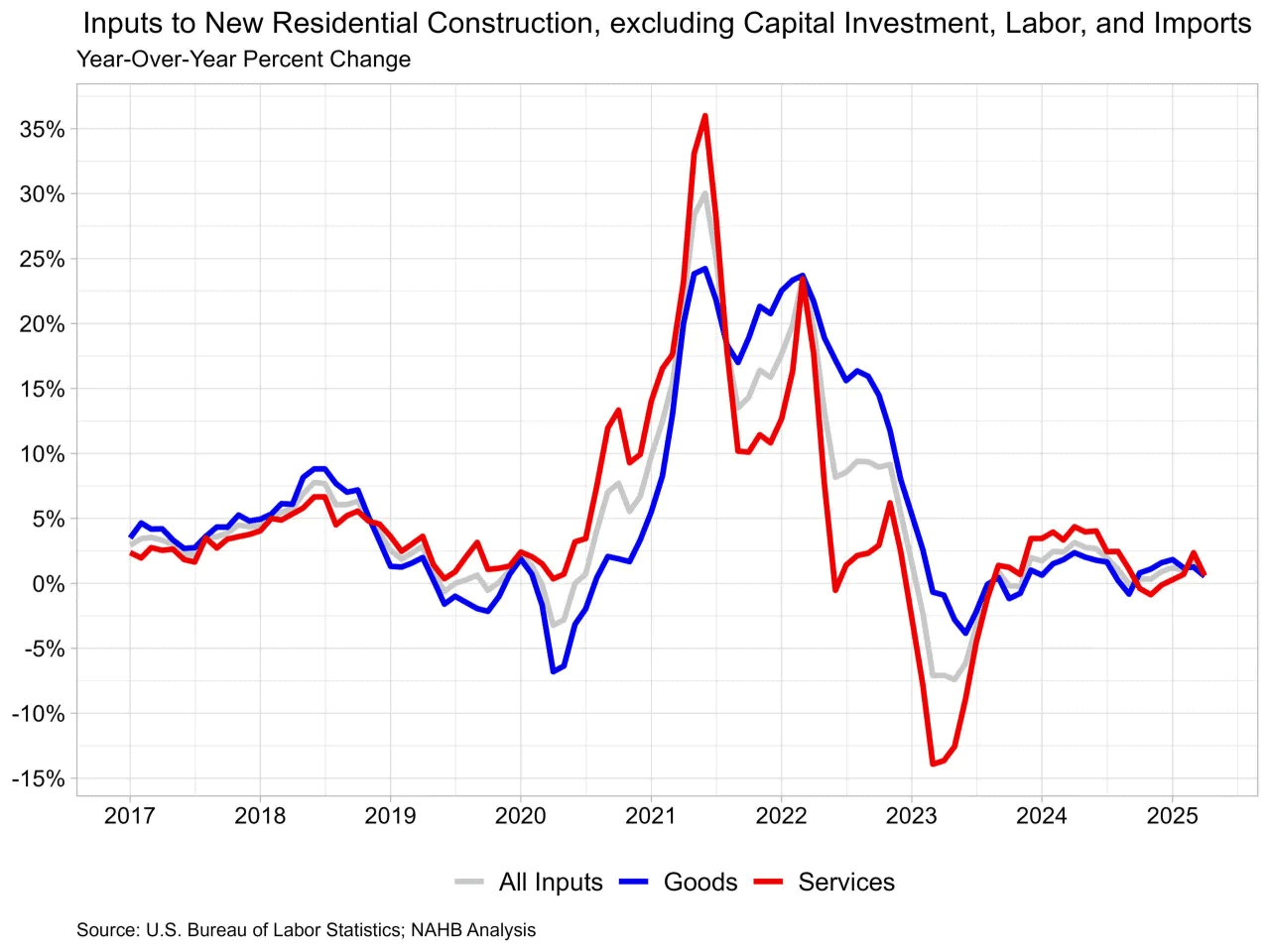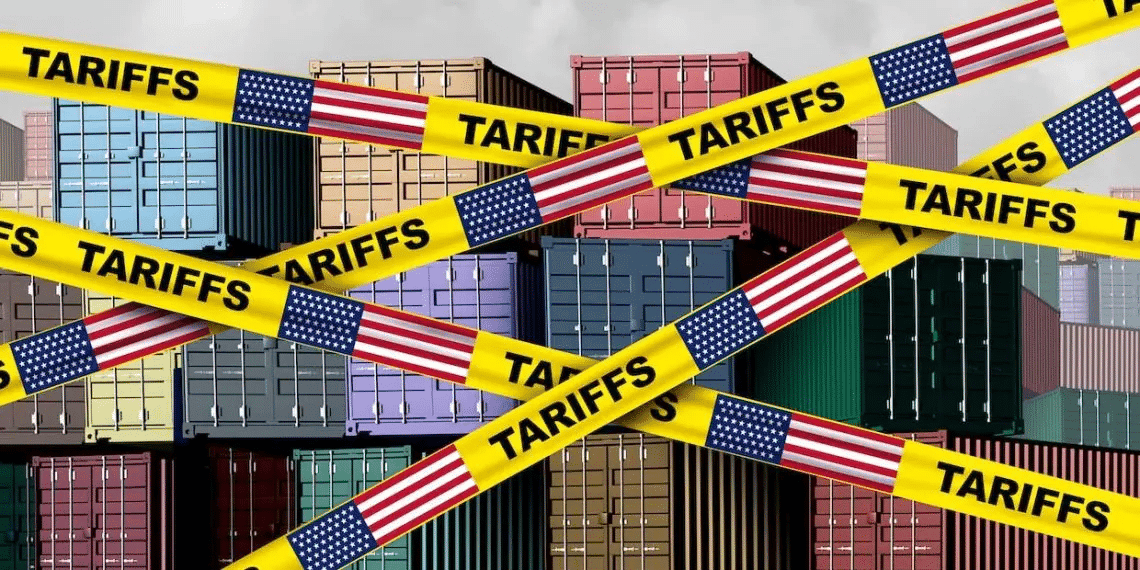
National brand manufacturers often produce private label brands in categories where they already have a significant presence. In this way, they gain a foothold in new categories without cannibalizing their own brands.
But supplying retailers’ private labels may not always benefit national brands. Some companies fear that they will lose market share and sales volume to competing private label brands.
Cost-effectiveness
With inflation at an all-time high, shoppers are compelled to seek out more cost-effective alternatives. This has given rise to private label brands that have proven popular with price-conscious consumers, who value competitive pricing and quality. However, retailers should tread carefully when introducing private labels, as they may dilute the appeal of established national brand products. As a result, they must develop effective marketing strategies to balance the advantages of private labels with the enduring allure of national brands.
Manufacturers that produce both private and branded label products can maintain their focus through clear policies and structures. For example, Heinz focuses on its core product, ketchup, and supplies other retail-brand items under the Heinz name. It also uses a distinct sales team for each brand to avoid conflict of interests.
In addition, supplying private-label products can help manufacturers establish more close relationships with retailers. This can result in innovations in product development, packaging, promotion, and display, which can benefit both parties. For instance, Ralston works closely with retailers to design private label packages and promote them through joint advertising campaigns.
As a result, national brands gain shelf space while private label products benefit from the shrewd advertising of leading retailers. In turn, this helps manufacturers increase their market share by increasing unit and dollar sales.
Flexibility
The flexibility of private label brands allows retailers to experiment with products, which can ultimately lead to more customer satisfaction. This can also improve a retailer’s brand image and boost revenue. Private labeling can also be an effective way to reduce the costs of a product, particularly during times of inflation. However, the risk of cannibalization and potential brand dilution must be carefully considered. Using comprehensive product testing and market research, retailers can ensure that their private label products are effective and do not damage the brand image of existing national brands.
Many national-brand manufacturers are concerned that supplying private-label brands will jeopardize their overall business strategy, but smart manufacturers understand that they have a lot to gain from these agreements. For one, they can use private-label production to fill in gaps in their capacity, which would otherwise be lost to contract manufacturers. Private-label production also allows manufacturers to use the products as marketing tools for their own brands, helping them build brand loyalty.
In addition, private-label production allows manufacturers to take a strategic approach to their pricing. For example, they can introduce higher-priced premium private-label lines, attracting price-sensitive consumers to their brands. They can also protect their main-brand products from lower-priced private-label competition by introducing new and innovative formulations that are not available to their competitors.
Relationships with Retailers
Many brand manufacturers fear that supplying private label products will jeopardize their relationships with retailers. However, these fears are often exaggerated. Retailers may become dissatisfied with a private-label supplier, but they seldom change suppliers, especially when the private-label product is premium or in a premium category. For example, a retailer that owns photo-finishing outlets will likely continue to work with Agfa because of its commitment to supplying quality, reliable and consistent photo-finishing solutions. Similarly, a retailer that stocks Ralston Foods private labels for breakfast cereals and pet foods will continue to cooperate with the company because it supplies them with the necessary quantities at competitive prices.
By supplying private label brands, national brand manufacturers also strengthen their relationships with retail customers. They can help them differentiate their products by collaborating on specifications, design, packaging and promotional strategies. For example, a convenience store chain in a small town with a sparse population can partner with a beverage manufacturer to create its own line of sodas and teas that appeal to road trippers and truck drivers. This type of close relationship brings additional revenue and also helps the store develop its reputation as a destination for travelers.
Manufacturers can also get access to retailers’ enormous amounts of scanning data and can use the information to help them target their own brands and their private label offerings. This allows them to improve their product offerings and protect leading brands from lower-priced private-label competition.
Market Share
Retailers allocate shelf space to brands that consumers want, and they will not continue to expand distribution for a brand that is failing. This means that supplying private label products is no cure-all for a struggling national brand manufacturer. In fact, it may even reduce the relative market share of a national brand manufacturer’s products at a retailer by increasing its overall supply to that retailer (Davis and Reilly, 2011).
One of the biggest benefits that national brands enjoy over store-brand counterparts is the perceived and actual quality of the product. For this reason, consumers tend to trust brand manufacturers and are more likely to purchase their products than the equivalent private label product. Moreover, consumers are willing to pay a premium for these products due to the long-established brand loyalty that manufacturers have cultivated over the years.
This is why some manufacturers worry that if they choose to supply private label products, they will lose out on their own brands and will not be able to maintain a healthy profit margin. However, these fears are misguided and overlook the benefits of supplying private labels. Private label products can increase the brand loyalty of a manufacturer, allowing it to secure larger market shares in the future. In addition, a manufacturer can capitalize on its expertise in production processes and develop premium private label items for retailers that are highly profitable.






























